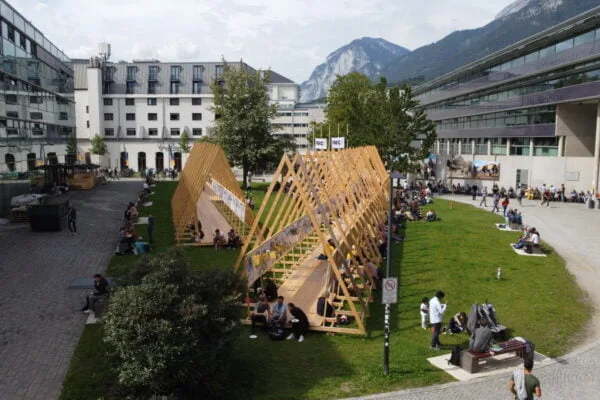
NAME:
SOWI - Garden
BUILDING:
SOWI
FLOOR:
0
TYPE:
Garden
CAPACITY:
2000
ACCESS:
Public Access
EQUIPMENT:
---
The Tianzhu Alpine Grassland Ecosystem Experimental Station, affiliated with the College of Grassland Science at Gansu Agricultural University—the first institution in China dedicated to grassland research—is located at an elevation of 2,940 m in Tianzhu Tibetan Autonomous County, on the eastern margin of the Tibetan plateau. Established in 1956 by Academician Jizhou Ren, it was the first grassland research station in China and has become a cornerstone of alpine grassland research and education. The station has supported pioneering contributions in grassland classification, rotational grazing, and ecosystem evaluation, and has played a key role in training thousands of professionals, including two academicians and many national leaders in grassland science. Closely integrated with the university’s long-term research on alpine meadow dynamics, degradation processes, and climate adaptation, the station provides vital infrastructure for biodiversity monitoring, ecological experimentation, and collaborative research. It remains a key platform for advancing grassland science and supporting sustainable rangeland management in high-altitude regions. The station warmly welcomes international cooperation in research, education, and innovation.

We and use cookies and other tracking technologies to improve your experience on our website. We may store and/or access information on a device and process personal data, such as your IP address and browsing data, for personalised advertising and content, advertising and content measurement, audience research and services development. Additionally, we may utilize precise geolocation data and identification through device scanning.
Please note that your consent will be valid across all our subdomains. You can change or withdraw your consent at any time by clicking the “Consent Preferences” button at the bottom of your screen. We respect your choices and are committed to providing you with a transparent and secure browsing experience.
Notifications